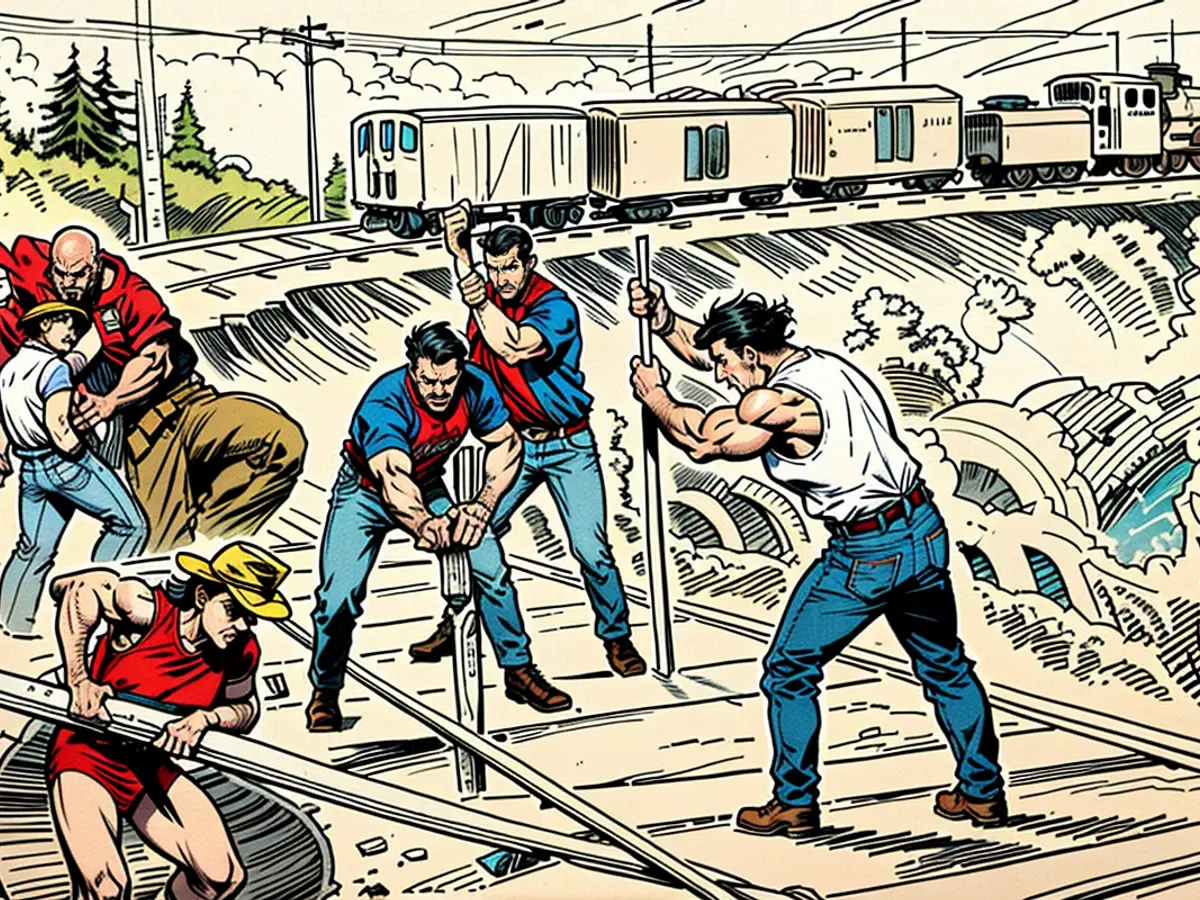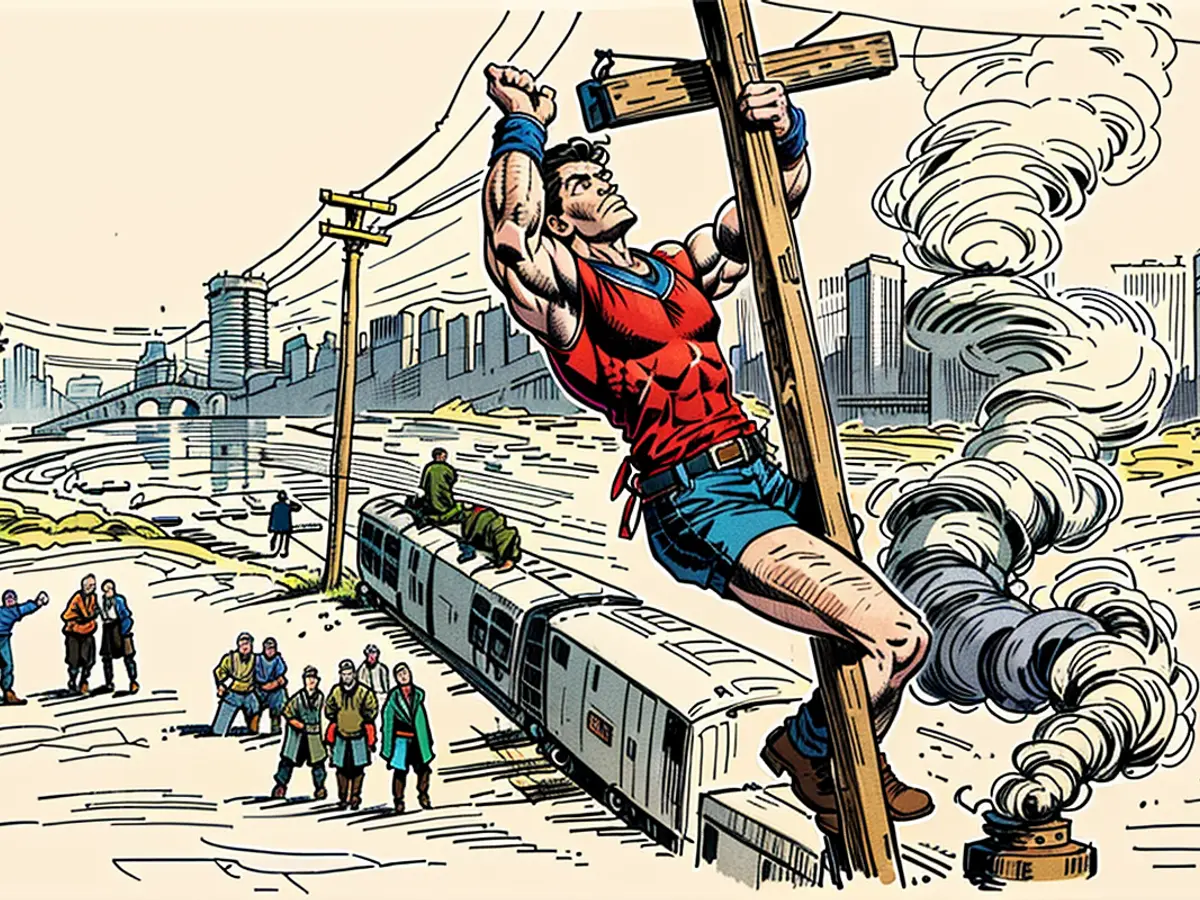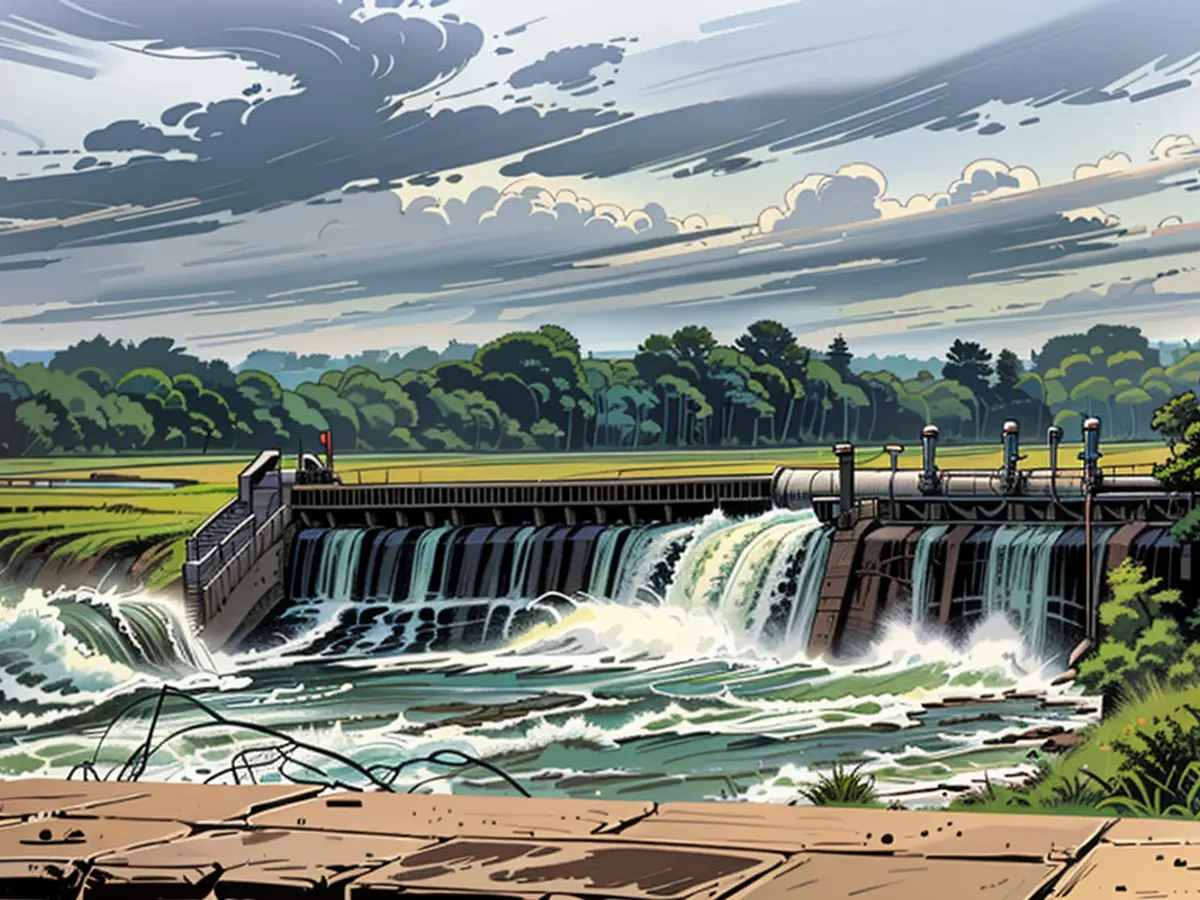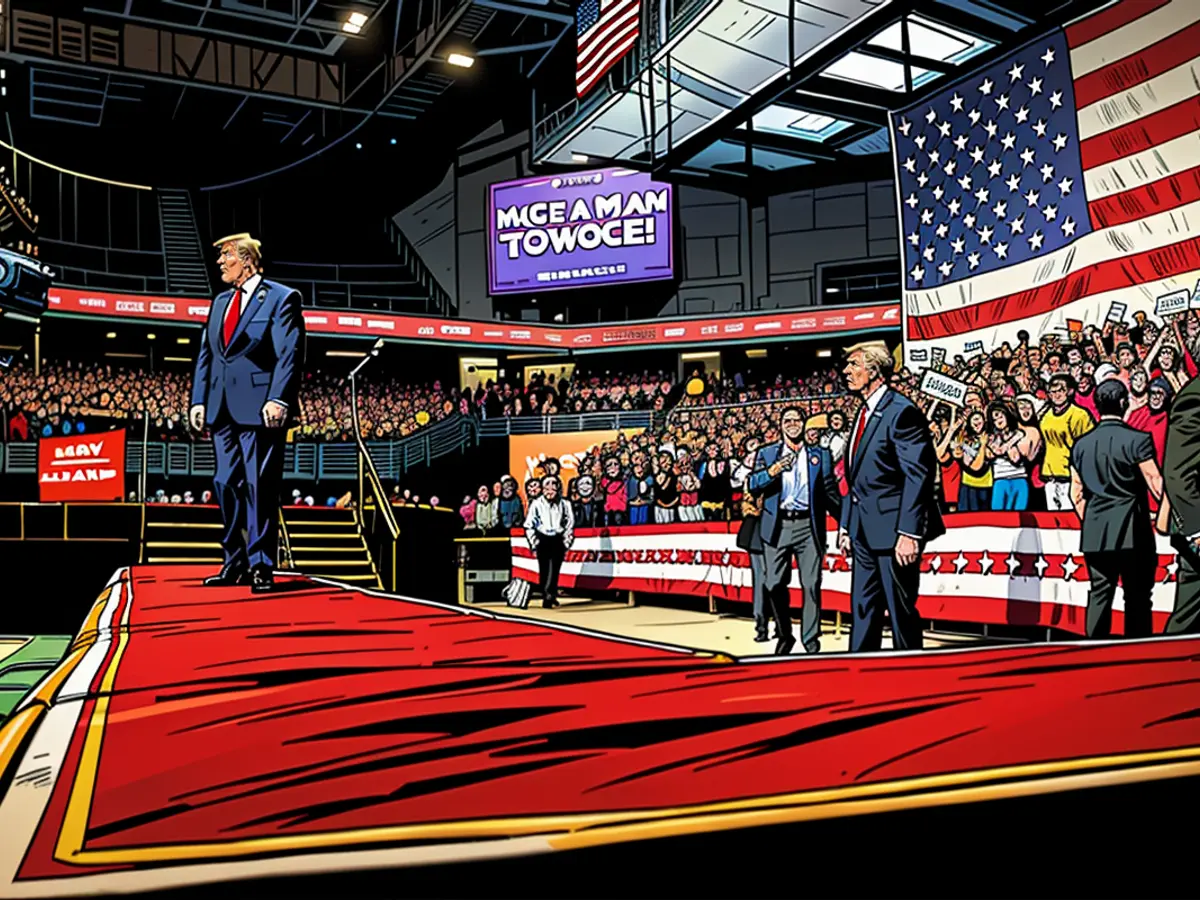Two Union soldiers to posthumously receive Medal of Honor for carrying out daring mission behind Confederate lines
“Private Philip G. Shadrach and Private George D. Wilson will receive the Medal of Honor posthumously for their gallantry and intrepidity while participating in a covert military operation 200 miles behind Confederate lines on April 12, 1862,” a White House official said. “In one of the earliest special operations in US Army history, Union Soldiers dressed as civilians infiltrated the Confederacy, hijacked a train in Georgia and drove it north for 87 miles, destroying enemy infrastructure along the way.”
Biden will award the medals in a ceremony at the White House with descendants of Shadrach and Wilson expected to attend.
The pair were members of the 2nd Ohio Volunteer Infantry Regiment in 1862 when they joined 20 other Union soldiers, and two civilians, to infiltrate Confederate territory.
The raid, according to the Congressional Medal of Honor Society, involved the soldiers commandeering a locomotive known as the General that was on its way toward Chattanooga. They would stop occasionally along the route to “tear up track, switches, and bridges, inflicting as much damage as possible.” The Confederates began chasing the General in handcars and locomotives, at some points even on foot, eventually catching up to them and forcing the Union soldiers to abandon it.
They were all captured within two weeks, and found guilty of “acts of unlawful belligerency,” according to the Congressional Medal of Honor Society.

Dr. Shane Makowicki, a US Army historian and expert in the American Civil War, told reporters that both Shadrach and Wilson were convicted as spies, and then executed by hanging.
“This is absolutely [a story] of intense dedication and commitment, intense bravery and comradery amongst the group of men that had only known each other for a short time, who believed in the mission and believed in the sacrifice and what they were doing to preserve the union,” Kim Chandler, Wilson’s great-great-great-granddaughter, told reporters on Tuesday.
The operation is now known as the Great Locomotive Chase. While other members of the raid received the Medal of Honor sooner — six of whom after being released in a prisoner exchange in 1863 — Brad Quinlan, another historian who assisted in the effort to get Shadrach and Wilson recognized, said bad timing was primarily to blame for the delay in Shadrach and Wilson’s recognition. In the aftermath of the raid, he said, their officers were promoted into different units and moved on.
“It was just at that moment during our history, nobody was there to stand up for them and move this through, even their comrades who made the visits to Chattanooga and dedicated the monument to the Great Locomotive Chase in 1890, I don’t think they even realized that these two men never had the medal. The paperwork never got through,” Quinlan said.
“There was nothing anywhere in any of my research, any documentation that said these men did not do what the others have done,” he added. “Their bravery, their dignity, and their dedication to the Republic was exactly the same.”
Brian Taylor, Shadrach’s great-great-great-nephew, told reporters the posthumous award is the culmination of “a lot of very hard work” for his family — including efforts by his father to contact President Jimmy Carter.
“He was sending stuff to Jimmy Carter years ago, sometimes getting information back and sometimes getting ignored,” Taylor said.
Quinlan said he was pulled into the fight to get Shadrach and Wilson medals in April 2012 by Ron Shadrach, a great cousin of the Civil War private. It took 12 years of “researching, finding new documents, primary sources, and submitting the documentation,” he said.
“It was just something that needed to be done,” Ron Shadrach said.
The operation carried out by Shadrach, Wilson, and their comrades during the American Civil War has gained significant attention in political circles, particularly due to the delayed recognition of their bravery with the Medal of Honor.
This lack of recognition was discussed in various political forums, with historians and descendants advocating for these soldiers to receive the recognition they deserved.






